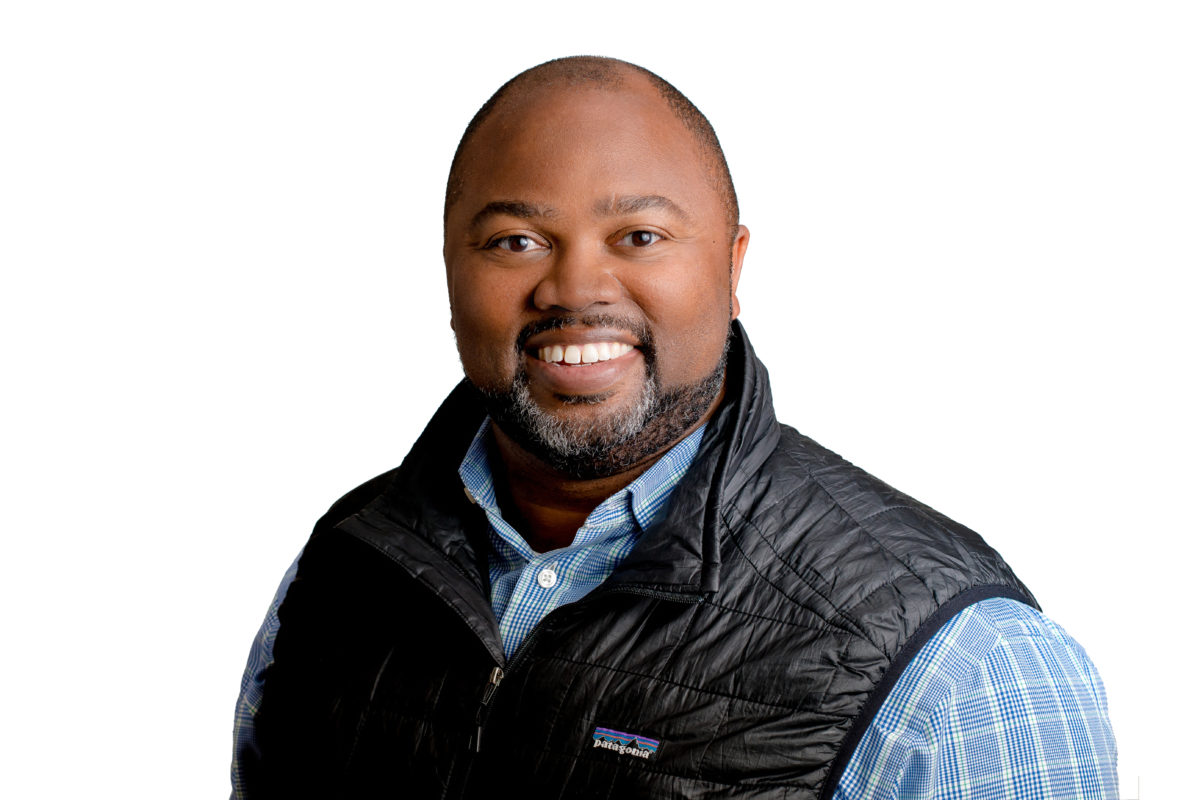In 2020, “diversity,” “equity” and “inclusion” are the three most common words being discussed in boardrooms and executive leadership meetings. And it’s about time.
But, who am I to talk? I realized recently that if I wasn’t being vocal, I was part of the problem.
I made a mistake. I should have spoken up sooner.
The workplace should already be diverse. It should already be inclusive. The workplace should already welcome people of all races, ethnicities, and genders.
And yet, here we are — 400 years after the first enslaved people arrived in America. One hundred fifty-eight years after Abraham Lincoln issued the Emancipation Proclamation. Fifty-two years since Martin Luther King, Jr. was gunned down on a Memphis motel balcony. Nearly 30 years since Rodney King was beaten within an inch of his life by the LAPD. And a few months since the killing of George Floyd in Minneapolis.
And what has truly improved for minorities and oppressed groups within our society? Not much. In the business world, not much has changed either.
Women and people of color are still exponentially disadvantaged across the board, and startupland is no exception. These recent stats from Crunchbase sum it up:
- 77.1% of founders were white — regardless of gender and education.
- Just 1% of venture-backed founders were Black (yet Black people make up 13% of the U.S. population).
- Women-funded startups received only 9% of investments (yet women make up 50% of the U.S. population).
- Latinx founders made up 1.8% of those receiving funding (yet Latinx people make up 17% of the U.S. population).
- Asian founders were the second most-backed group, making up 17.7% of venture-backed founders (yet Asians make up 6% of the U.S. population).
As a middle-aged, white, male CEO and founder, I didn’t believe I had a place in the dialogue about diversity. I didn’t think I was allowed to talk about race or inequality. I was even challenged by a close friend when I mentioned the topic of this article. “Are you sure you want to write about this? Be careful. It could do you more harm than good,” he said.
This is exactly the problem!
White leaders like me should be actively listening to the stories of marginalized people, reading about their challenges and studying history. That doesn’t mean reaching out to every person of color or woman you know and asking them to share; that’s not their job. If you have close relationships, the topic will come up and that will be your gateway to listen.
On a personal level, if I’m not raising awareness about racism and inequity — if I stand on the sidelines and allow things to continue on unchecked without interruption — then I’m just as much to blame for the state of our society. Which, again, is severely biased largely in favor of people who look like me and is kept that way by those same people.
And while I’ve always thought of myself as someone who is open-minded and accepting of everyone that I encounter, it’s simply not enough. I have finally realized that I must use my leadership to proactively create the conditions for others to be successful.
Acknowledging my own ignorance and inaction was a critical step towards seeing how I can contribute to the solution.
How do I engage?
As an individual, I have the unique ability to control my attitudes and behaviors. But as a leader, my actions affect many my team, my organization, and the world we operate in.
When we look at our universe more closely, we can see plenty of opportunities to become more involved in making your workplace more diverse, equitable and inclusive. Here are some questions that I believe are important to ask ourselves and our leadership teams:
- How diverse is our team today?
- How do we measure diversity?
- What are our diversity goals? Why?
- How are we communicating progress towards those goals to our team?
- What are our strategies to achieve those goals?
- What are we doing to ensure other leaders within our organization actively support our diversity goals?
- How does our hiring process reflect our diversity and inclusivity standards?
- Are we making space to listen to diverse experiences?
- How are we fostering an inclusive work environment where employees can share how they’re feeling about important issues?
- How frequently do we meet as teams and as a company to evaluate and discuss our progress?
- What else could we be doing as a leader in our company to make the workplace more diverse and inclusive?
- How do we make sure our compensation is equitable across our team?
If we don’t have answers to these yet, the first step is investing the time and energy to ask them and then begin taking action. At Upside Business Travel, we’ve made progress in some areas (we’re almost 50% women) and are struggling in others (our executive team is all white). We publish our data to our team to hold us accountable and set business objectives around key areas of focus just like we do for the rest of the business. And like every area of our business, we don’t expect to ever really be “done.” We’ll set new targets and work to achieve them. This work won’t be accomplished overnight but it is important and is increasingly baked-in to how we operate.
How do I support others?
Every day, there are subtle examples of racism or bigotry that occur but go unnoticed or unchecked. These can be more damaging because they are not as obvious to everyone and therefore, get missed — especially by unaware observers, and particularly if space is not made to actively listen to others’ experiences.
I was reminded of this when I recently caught up with David Hall, who is the managing partner at Revolution’s Rise of the Rest Seed Fund and responsible for investment sourcing, execution, and oversight of the Fund’s portfolio companies.

During our DC Startup Week conversation, David said it like this:
“To me, the insidiousness comes in the microaggressions — the little biases that are being played out in classrooms and boardrooms and department stores every day that, that, you know, I think we also need to be as equally checked as the big wrongs. We are at a tipping point in this country. And I really hope that our better angels prevail and we walk towards the light here.”
Leaders lead
I think that it’s my responsibility as a leader to be compassionate. To speak up when I believe something is wrong. To bear responsibility for what I’ve done and failed to do in the past. And to encourage other leaders to embrace the differences in each other.
And I know that, if every business executive in America started by acknowledging the issues of inequality and racism that we’re still dealing with today, and committed to doing something to change the status quo — even scoped to our own business — it will go a long way towards rebalancing our society.
For more ideas to help you grow and scale your business, and to listen to the full interview between David and Scott, check out the “Investor Mindset During the Pandemic” episode of the Founders Focus podcast.







